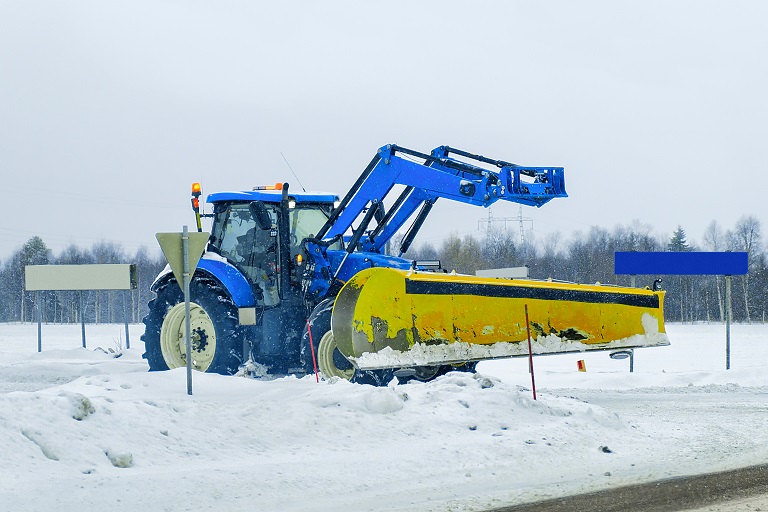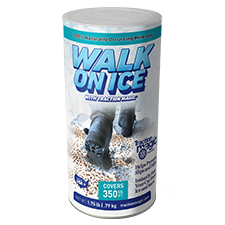Don’t Deice An Aggregate Driveway Without Reading This

Snow and ice can cause safety concerns and damage to your aggregate driveway. Deicing is essential to remove snow and ice, but conventional ways of removing it can have negative consequences, such as damaging the aggregate. It’s important to use the best ice melt for the aggregate driveway.
What Is An Aggregate Driveway?
An aggregate driveway is a concrete driveway made of crushed stone. It can be poured on top of existing pavement or used to replace your current asphalt or brick surface. The aggregate that makes up the surface is typically a mixture of sand, stone, and other materials. Even though it contains natural substances, an aggregate drive requires maintenance to ensure it looks its best for years to come.

De-icing an aggregate driveway that is less than 1 year old
If your aggregate driveway is new, the water will seep into the concrete and freeze. This can create a dangerous situation for anyone who walks over that section of your driveway. It’s also important to note that aggregate driveways are not sealed surfaces. While they do have a sealer on them, which keeps dirt and other things out of the concrete, it doesn’t keep out moisture as regular concrete does.
Why you should not use salt on the aggregate driveway?
Rock salt can harm your aggregate driveway. This is because it breaks down concrete, and harms plants, animals, and the environment as well. The chloride in rock salt can damage your residential or commercial concrete driveway by causing pitting, spalling, or scaling. These problems have to be repaired with time and money.
Many people don’t bother about what their snow removal companies use to melt ice on their driveways. After all, they are professionals! Mostly, they use salt, which is not the best ice melt for the aggregate driveway. Salt damages concrete and plants, as well as aggregate. It also damages plants and concrete, so you’re better off not using it. Most snow removal companies use salt or chemical-based ice melt to remove snow. This brings me to the next point.
Why you should not use chemical ice melt on the aggregate driveway?
While the chemical ice melts may seem like a quick and easy solution, they can actually damage your driveway. The chemicals found in these products can be harmful if they come into contact with your skin or breathe in when used indoors (i.e., inside your home). Moreover, chemical ice melts are more expensive than rock salt. Chemical Ice Melts are unsafe for children and pets.
Use Chemical-Free Best Ice Melt for Aggregate Driveway Ice Melt
Safe Thaw Ice Melt by Gaia is a safe alternative to traditional deicing products. It’s the best concrete-safe ice melt as it is chemical-free, non-toxic, and environmentally friendly. This means it won’t harm pets or concrete. This product contains special surfactants, inhibitors, and ice melting boosters. The result? A faster way to get rid of pesky winter accumulation so you can spend less time scraping away at your driveway and more time enjoying your home!
100% salt & chloride-free, fast acting Ice Management Solution
Conclusion
We hope you’ve found this information helpful and know how to care for your aggregate driveway. The best way to melt ice on your aggregate driveway is by using safe alternatives that are environmentally friendly and will not harm your driveway.
Try Also Our Other Winter Safety Products:
Safe Paw
The Original and #1 Selling Pet and Child Safe Ice Melt for over 20 years. Guaranteed environmentally safe –It won’t harm animals or children, and it won’t damage your property. That’s Safe Paw. Safe Paw can change how winter affects our planet.

Walk On Ice
Prevent slips at home, work or on the go, The handy disposable canister can be taken everywhere, with the same 100% naturally occurring minerals that provide instant traction on ice or snow. Use it on sidewalks, steps, or as an instant traction agent for your car.


